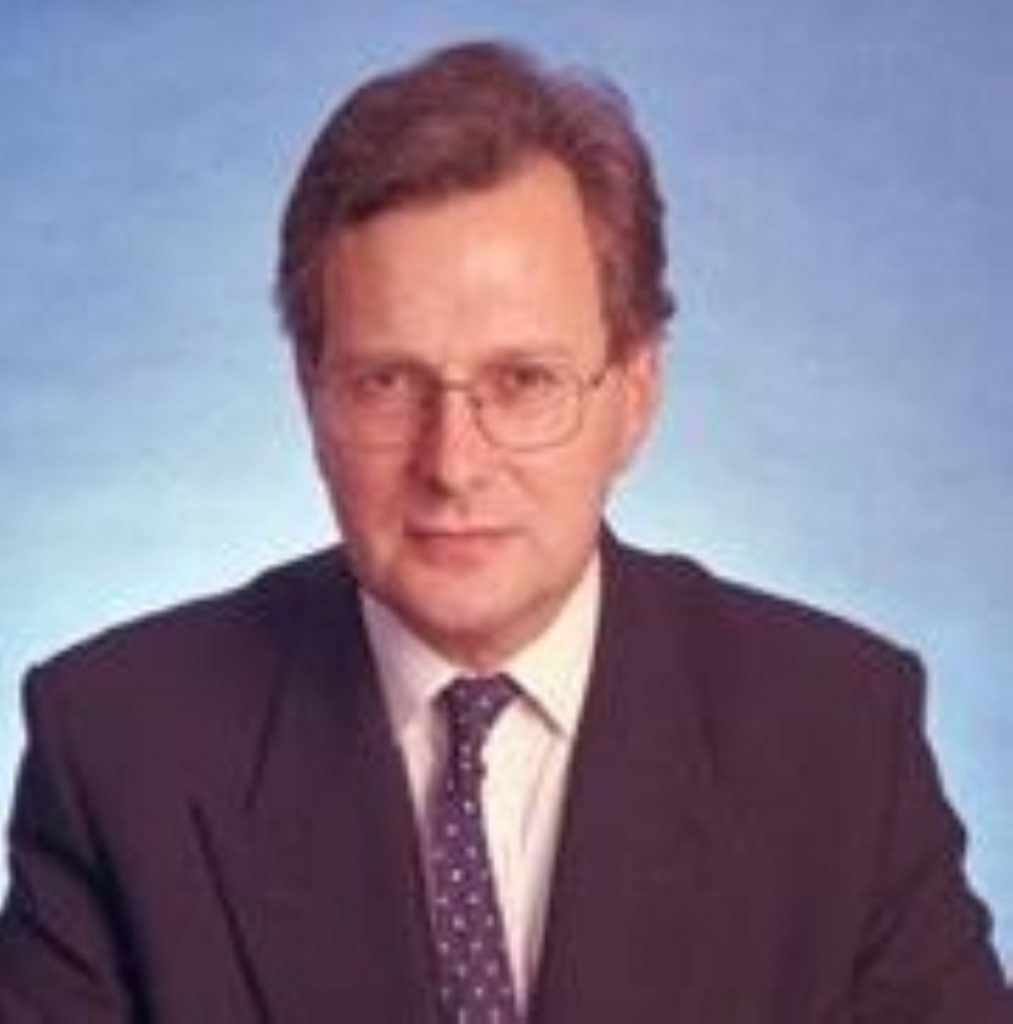Goldsmith casts doubt on govt terror claim
The former attorney general today told MPs he was “not persuaded” of the need to extend the period terror suspects can be detained without charge beyond its current 28-day limit.
The claim marks a significant setback to the government’s attempt to increase the limit, potentially to 56 days.
Giving evidence to the Commons’ home affairs select committee, Lord Goldsmith said he had seen no evidence supporting a longer detention period during his time in government.
Tony Blair suffered his first Commons defeat in 2005 over attempts to allow police to question terror suspects for up to 90 days without bringing charges.


Dissent by backbench MPs forced an amendment to the bill, imposing the current 28-day limit as a compromise measure.
Today Lord Goldsmith revealed he would have felt obliged to resign if the original 90-day limit had been passed, but said he had not wanted to put the prime minister “over a barrel”.
He said: “If the 90 day proposal had come from the Commons unamended, I would not have found it possible to vote for it.”
“I did not see any evidence during my time to indicate that longer than 28 days was necessary.”
Shadow home secretary David Davis said there could be no starker demonstration of the importance of this issue” than the attorney general being prepared to resign.
The Liberal Democrats said the former attorney general, who stood down when Mr Blair left office, had “blown the government’s cover”.
Lib Dem home affairs spokesman Nick Clegg said: “When their most senior law officer for much of the last ten years says he is unpersuaded by the case to extend detention without charge then the hollowness of the government’s case is there for all to see.”
Lord Goldsmith accepted the 28-day limit was itself arbitrary but told MPs he thought it was right.
The former attorney general said there needed to be “limits” to the security measures the government can impose.
He said: “To keep somebody in detention without charging them surely you need to continue to have reasonable suspicion, even if you can’t prove it at that stage, that they have committed an offence,” he added.
“The question to my mind is how likely is it that you get to a period like 28 days. and that by continuing to detain them you are going to find evidence with which to charge them.”
Lord Goldsmith said there would be no point questioning suspects where there is “not any new material at all” and warned against “browbeating” suspects.
Also giving evidence to the committee, Sir Ken MacDonald, director of public prosecutions, said evidence obtained after a prolonged period of questioning may not be useful.
He explained: “If after 25 or 26 days you couldn’t find a reasonable suspicion to justify a charging decision it might be quite difficult for a prosecutor to persuade a court.”
Sir Ken said the 28-day limit had proved “useful” in his experience.









